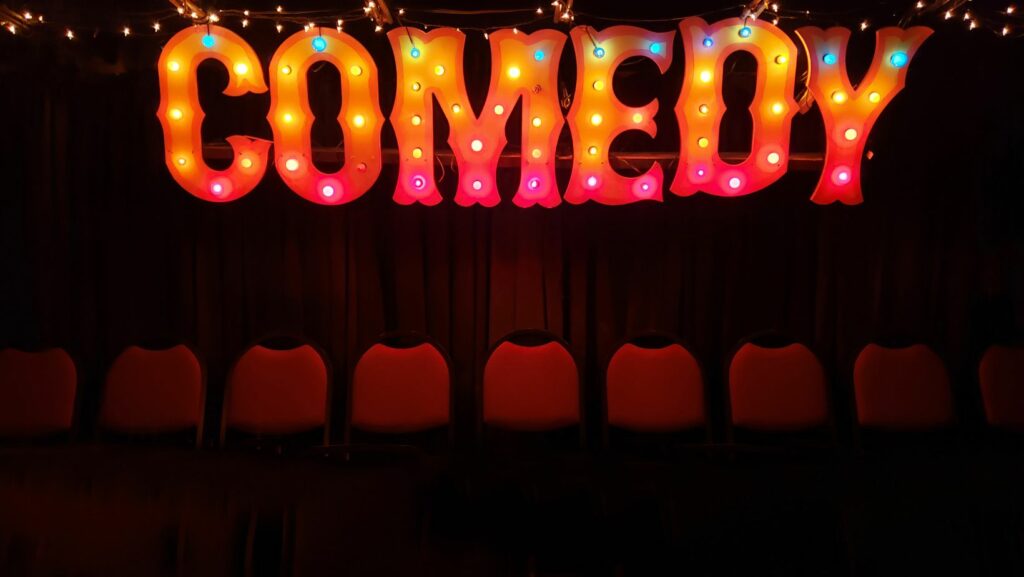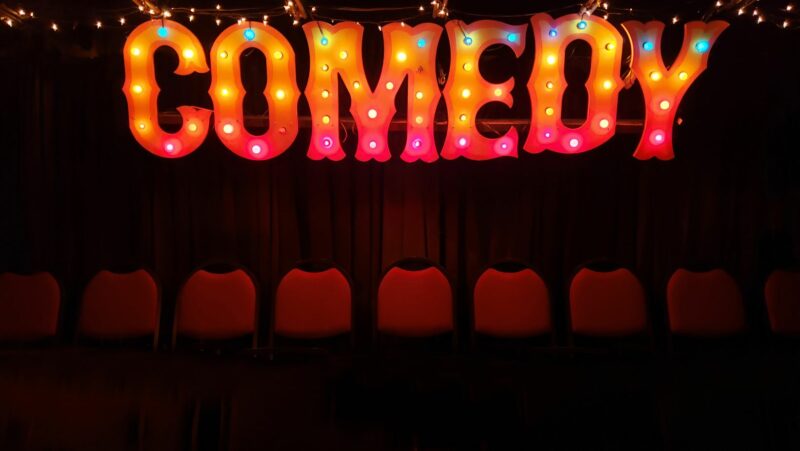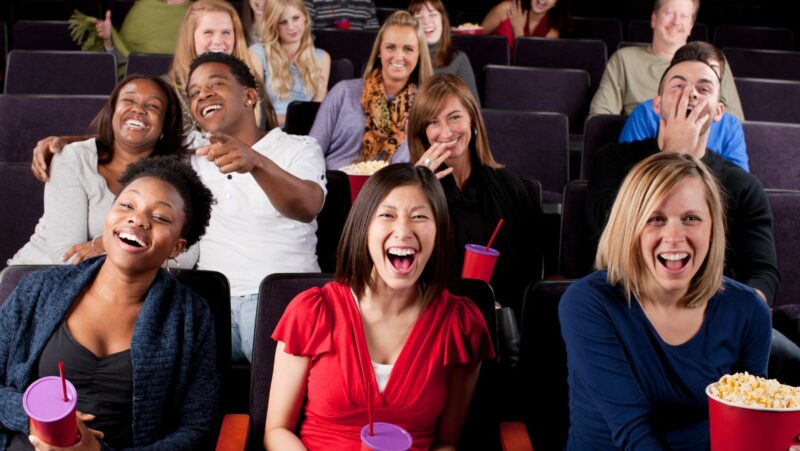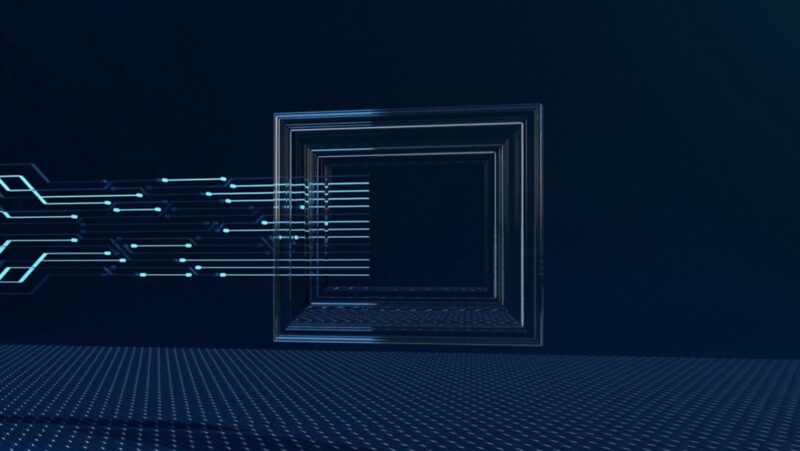
 Fokahaq
Fokahaq
Have you ever heard of “fokahaq”? If not, you’re in for a treat. Fokahaq is a unique form of comedy that originated in North Africa, particularly in Morocco. It combines humor with social commentary and satire, making it a popular entertainment choice for many.
Fokahaq draws inspiration from everyday life situations and cultural norms, using clever wordplay and witty dialogues to create hilarious scenarios. Whether it’s poking fun at societal issues or exaggerating common stereotypes, fokahaq has the power to make people laugh while also encouraging them to reflect on the world around them.
One of the key elements that sets fokahaq apart is its ability to adapt and evolve with time. Comedians constantly find new ways to engage their audience by incorporating current events and trends into their performances. This keeps the comedy fresh and relevant, ensuring that fokahaq remains a beloved form of entertainment for generations to come.
So if you’re looking for a good laugh combined with a bit of social commentary, give fokahaq a try. You’ll be entertained by its clever humor and may even gain some insights along the way. Get ready to dive into the world of fokahaq where laughter knows no bounds!
What is Fokahaq?
Fokahaq is a term that has gained popularity in recent years, particularly in comedy circles. As an expert on the subject, I’ll break it down for you.
Fokahaq refers to a style of humor originating from North Africa, specifically Morocco. It encompasses various forms of comedic performances, including stand-up comedy, sketches, and even social media content. The essence of fokahaq lies in its ability to entertain and bring laughter through witty observations and clever storytelling.
One distinctive feature of fokahaq is its focus on everyday life situations and relatable experiences. Comedians often draw inspiration from cultural norms, societal issues, and personal anecdotes to create humorous narratives that resonate with audiences. This approach allows fokahaq to provide not only entertainment but also a reflection of society’s quirks and idiosyncrasies. Plus, it doesn’t matter if you’re a famous comedian like Joe Rogan, or someone new like Lori Dawkins, the space is great for aspiring comedians.
The delivery style in fokahaq can range from fast-paced monologues to exaggerated character portrayals. Comedians use their comedic timing and improvisational skills to engage the audience and elicit laughter. It’s this combination of wit, spontaneity, and cultural references that sets fokahaq apart as a unique form of comedy.
Fokahaq has gained significant popularity both within Morocco and among Moroccan diaspora communities worldwide. With the advent of digital platforms like YouTube and social media channels, fokahaq comedians have found new avenues to reach wider audiences beyond traditional live performances.
In conclusion,** Fokahaq** is a vibrant form of comedy that celebrates the art of making people laugh through relatable stories rooted in North African culture. Whether you’re familiar with Moroccan culture or simply appreciate good humor, exploring fokahaq can offer an entertaining glimpse into the world of Moroccan comedy. So sit back, relax, and prepare yourself for some hearty laughs courtesy of Fokahaq!

The History of Fokahaq
Fokahaq, also known as Moroccan comedy, has a rich history that dates back several decades. It has evolved into a popular form of entertainment in Morocco, captivating audiences with its unique blend of humor, satire, and social commentary.
- Origins and Influences: Fokahaq draws inspiration from various sources, including traditional Moroccan folklore, Arab literature, and theatrical performances. Its roots can be traced back to the medieval era when jesters and storytellers entertained royal courts with their wit and comedic acts.
- Development in Modern Times: Fokahaq experienced significant growth during the 20th century with the emergence of radio, television, and theater. Comedians began incorporating elements of political satire and societal critique into their performances, reflecting the changing times in Morocco.
- Television Revolution: In the 1980s and 1990s, television played a pivotal role in popularizing Fokahaq across Morocco. Shows like “Alhane wa Chabab” provided a platform for comedians to showcase their talent to a wider audience. This exposure catapulted many comedians to stardom and cemented Fokahaq’s place in Moroccan culture.
- Social Relevance: Fokahaq has always been deeply rooted in everyday life experiences and social issues faced by Moroccans. Through humor, it highlights themes such as politics, religion, gender roles, marriage customs, bureaucracy, and other aspects of Moroccan society.












